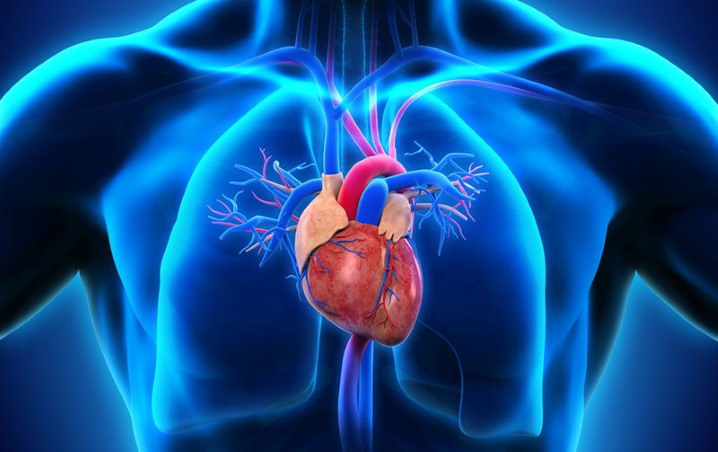
Overview:
Cardiology is a branch of medicine focused on the diagnosis, treatment, and prevention of heart and vascular diseases. Common cardiovascular conditions include coronary artery disease (CAD), heart failure, arrhythmias, and valvular heart disease. These conditions can significantly impact quality of life and increase the risk of heart attacks, strokes, and other serious complications if not managed properly.
Causes:
Heart diseases often develop from a combination of genetic factors, lifestyle choices, and other health conditions. Coronary artery disease, one of the most prevalent forms of heart disease, results from the buildup of plaque in the arteries, often caused by high cholesterol, high blood pressure, smoking, and diabetes. Heart failure can result from a history of heart attacks, uncontrolled hypertension, or conditions like cardiomyopathy. Other issues, like arrhythmias, can stem from genetic factors, lifestyle habits, or structural heart abnormalities. Lifestyle factors such as poor diet, physical inactivity, smoking, and excessive alcohol use are major contributors to cardiovascular disease.
Symptoms:
Symptoms of heart disease vary depending on the type of cardiovascular condition. Common symptoms include chest pain or discomfort (especially during physical activity), shortness of breath, palpitations, fatigue, dizziness, and swelling in the legs, ankles, or feet. In cases of heart attacks, symptoms may be more intense and sudden, requiring immediate medical attention. Recognizing these symptoms early can lead to better outcomes and prevent disease progression.
Treatment:
Cardiology treatments are tailored to each patient’s condition and may range from lifestyle modifications to medication and advanced surgical interventions. For coronary artery disease, treatment may include lifestyle changes (such as diet, exercise, and quitting smoking) alongside medications like statins, antiplatelets, or beta-blockers to reduce the risk of complications. Heart failure management often involves diuretics, ACE inhibitors, and lifestyle adjustments to help the heart function more effectively. Surgical interventions, such as angioplasty, stenting, or bypass surgery, may be required for severe cases. In some arrhythmias, devices like pacemakers or defibrillators are implanted to regulate heart rhythms. Rehabilitation programs, including supervised exercise, are recommended post-treatment to aid recovery and enhance cardiovascular health.
Precautions:
Patients at risk of heart disease or those with existing conditions should focus on heart-healthy habits, including eating a balanced diet low in saturated fats, refined sugars, and salt; engaging in regular physical activity; and maintaining a healthy weight. Regular monitoring of blood pressure, blood sugar, and cholesterol levels is essential to keep these factors within recommended ranges. It’s also crucial to avoid smoking, limit alcohol consumption, and manage stress through techniques like mindfulness or counseling. Following prescribed medications and adhering to medical check-ups help in keeping heart conditions under control.
Prevention:
Preventing heart disease involves adopting a heart-healthy lifestyle and addressing modifiable risk factors early on. This includes following a balanced diet, getting regular physical activity, maintaining a healthy weight, and managing stress. Routine screenings for cholesterol, blood pressure, and blood glucose levels are recommended, especially for individuals with a family history of heart disease. Early interventions, like dietary adjustments and medications, can prevent or delay the onset of heart disease.
For comprehensive cardiology care, visit The Unique Hospital in Lucknow. The hospital provides advanced diagnostics, expert cardiac care, and emergency services, including ambulance support, budget-friendly options, Ayushman card acceptance, and 24/7 doctor availability for accessible and timely heart care solutions.
OUR EXPERT DOCTORS TEAM

Dr. S.P. Maurya
MBBS, Diploma in Cardiology
Cardiologist

Dr. Yosuf
MBBS, Diploma in Cardiology
Cardiologist

Dr. Jawed
MBBS, MD (Cardiology)
Cardiologist
